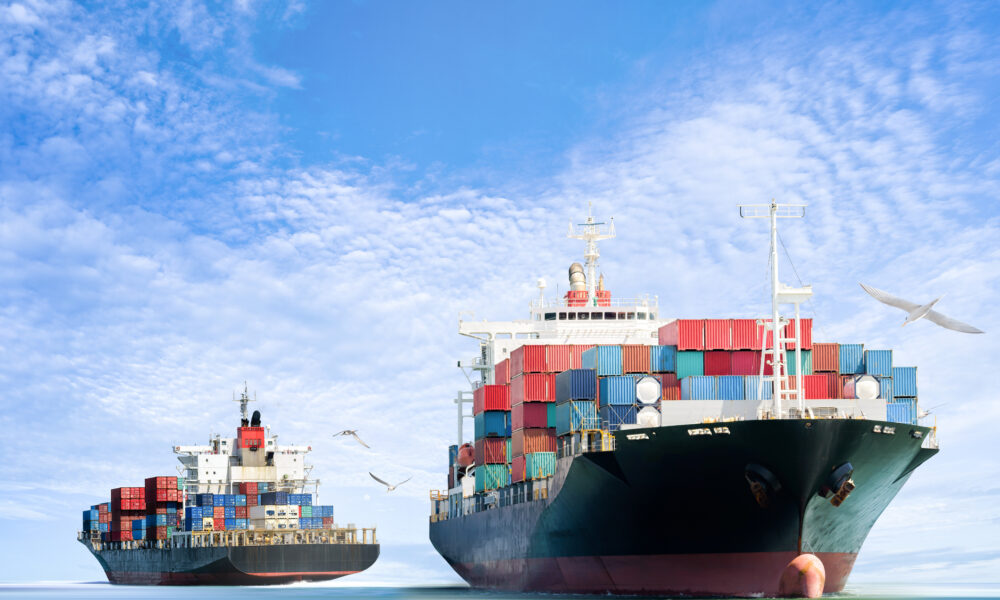The situation is unpredictable. Currently, major shippers are avoiding the Red Sea and Suez Canal route and instead re-routing cargo ships around South Africa and the Cape of Good Hope. This detour adds up to 19 days between Singapore and Europe.
It’s not ideal, but it is a working solution.
Access through the Red Sea and Suez Canal is an important link for New Zealand exports to Europe, North Africa, and the Middle East. Exporters sending goods to these markets should be prepared to face delays and an increase in shipping costs.
The situation in the Red Sea and its impact on New Zealand includes imports too. Delayed delivery of raw materials, components and manufacturing machinery will hinder our exporters and manufacturers’ ability to produce goods for sale both domestically and overseas.
Our primary exports are the ones most at risk – things like meat, dairy, seafood, horticulture and wine. But in reality, the impacts on our export sector are yet to be fully understood, and any impacts are likely to present in waves.
Due to the seasonality of our exports, it means that different sectors could feel the pressure more acutely than others, and at different times.
Longer transit times will add cost to the journey routes and shipping rates. That cost goes on to exporters who then have to decide to either wear the cost or try to increase their prices overseas. Short-term price increases are particularly tricky to implement successfully – especially for New Zealand exporters in markets where profit margins are typically lean to stay competitive with local alternatives.
For New Zealand exporters, this scenario is an unwelcome reminder of the challenges encountered during the COVID-19 pandemic. As the Red Sea disruptions unfold, exporters are once again grappling with the prospect of increased costs and delays. But if ever there was a silver-lining to the disruption the sector faced in the past three years, it’s that we are much harder to break than we were before.
After years of disruption during Covid-19 lockdowns around the world, it looks as though New Zealand’s exporters will once again wear the cost and stress that comes with getting goods onto ships.
Making it more expensive to get freight out means less money coming back into New Zealand.
It’s not the start to 2024 that Kiwi exporters were hoping for, but it’s worth putting in context. As the impact of the Suez Canal disruption evolves, it’s worth considering the magnitude and whether or not we’re at a ‘make or break’ stage in trade.
Our exporters are a resilient lot, and the lessons learned during the COVID-19 pandemic, where exporters and the system were tested like never before, should serve as a guide for weathering this latest storm.



